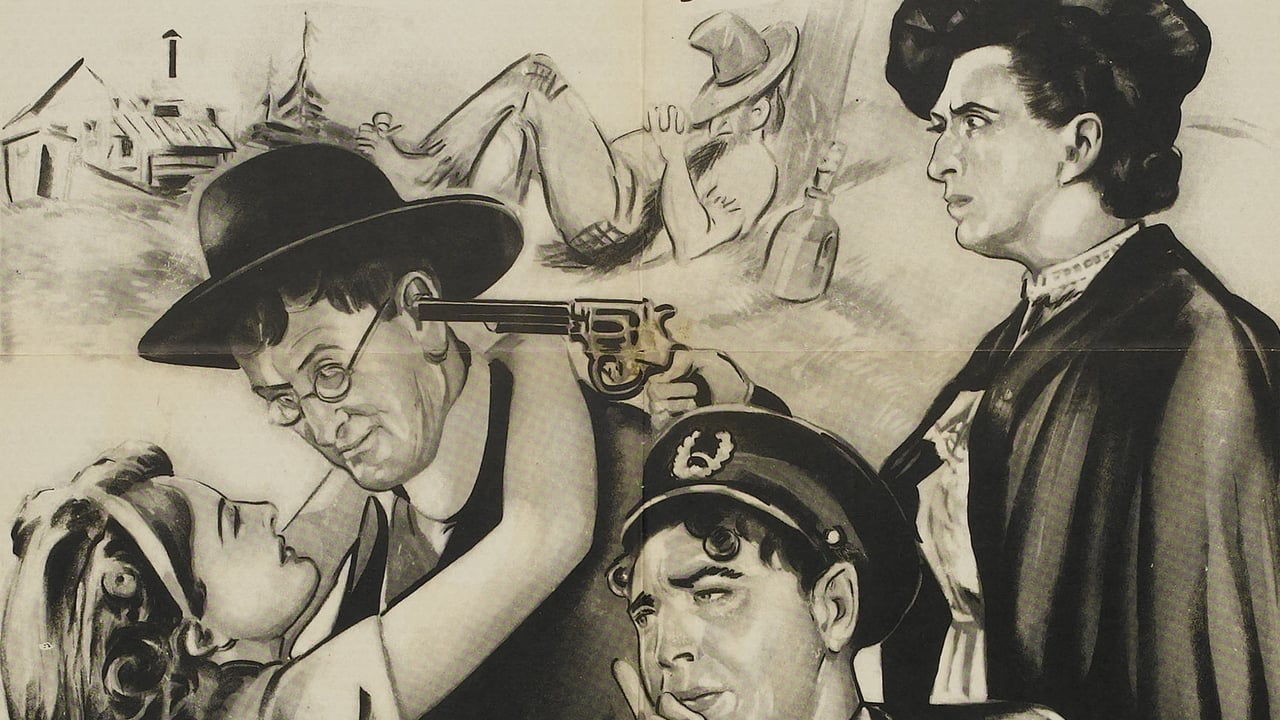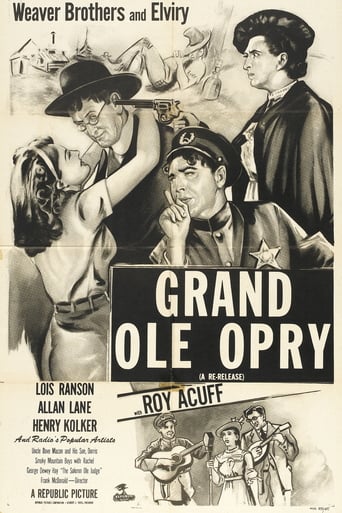

I like the storyline of this show,it attract me so much
... View MoreLack of good storyline.
... View MoreA Brilliant Conflict
... View MoreThe storyline feels a little thin and moth-eaten in parts but this sequel is plenty of fun.
... View MoreMade as an attempt to cash in on the radio success of the Grand Ole Opry on Nashville's WSM radio, this film offers a rare glimpse of one of the legends of the country music business: Uncle Dave Macon.Uncle Dave was the first "star" of the Opry; he had become an entertainer at age 56, after retiring as owner of a mule-powered hauling company in middle Tennessee. His stage persona, that of a southern gentleman in a plug hat, tail-coat and chin whiskers, was only a slight exaggeration of his real self. He carried on a tradition of minstrel-style banjo playing, and sang songs that ranged from sentimental ballads through comedy songs, fiddle tunes and breakdowns to topical political numbers. After several years on the southern vaudeville circuit, he joined the Grand Ole Opry not long after it went on the air in 1926.Poverty Row studio Republic Pictures executives traveled to Nashville after hearing of the popularity of the Opry, which had been picked up by the NBC Blue network after a decade on the high-powered clear-channel WSM Radio. They signed Opry founder and emcee George Hay and his newest singing star, Roy Acuff and his band, the Smokey Mountain Boys, along with Uncle Dave and his son and guitar accompanist Dorris Macon to appear in the film, which was to star Republic comedy troupe the Weaver Brothers and Elviry.The plot was pure fluff, but the movie featured several songs by Roy and the band, along with one song, Take Me Back to My Smokey Mountain Home, by Uncle Dave and Dorris. This would be the only filmed appearance by Macon, whose recordings have remained in print up until the present day, and who is still the subject of stories and anecdotes in the country music industry.Also appearing the the film was Allan "Rocky" Lane, who later would portray Red Ryder in B westerns, and would furnish the voice for TV's Mr. Ed.
... View More